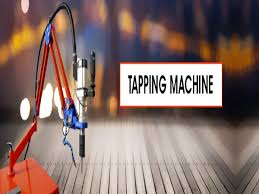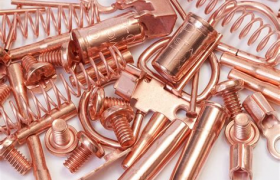Tapping machines are essential tools used in various industries to create internal threads in pre-drilled holes. These machines are capable of threading materials like metals, plastics and composites, offering both manual and automated options to suit different production needs. Understanding how tapping machines work can help you choose the right equipment for precise and efficient threading operations.
Types of Tapping Machines
Tapping machines come in two primary types: manual and automated. Manual tapping machines require the expertise of an experienced machinist to operate, ensuring precision and accuracy. On the other hand, automated machines, such as CNC tapping machines, are programmed with specific codes to carry out the tapping process, making them ideal for high-volume production with consistent results.
Recent advancements in technology have led to the development of specialised equipment like Roscamat tapping machines which are known for their efficiency and precision. Suppliers like Cotswold Machinery offer these advanced machines.
The Working Process of a Tapping Machine
The tapping process begins by securely clamping the workpiece onto the machine and aligning the tap with the pre-drilled hole. Accurate alignment is crucial to ensure that the threads are cut precisely. Once aligned, the spindle holding the tap rotates, typically in a clockwise direction, as the tap gradually feeds into the hole.
As the tap cuts into the material, it removes waste, forming the internal threads. After reaching the required depth, the spindle rotation is reversed to back the tap out of the hole, leaving a clean, threaded interior ready for fasteners.
Applications and Benefits of Tapping Machines
Tapping machines are widely used in industries ranging from automotive manufacturing to machinery production where precise threading is essential. These machines are crucial for creating threaded holes that accommodate fasteners in various components, ensuring secure assembly.
The benefits of using tapping machines include increased efficiency, accuracy and consistency in thread production, particularly with automated machines that reduce manual labour and minimise the risk of errors. Medium explores the further benefits of tapping machines.
Tapping machines are vital for efficient and precise thread creation, making them indispensable in modern manufacturing processes.





